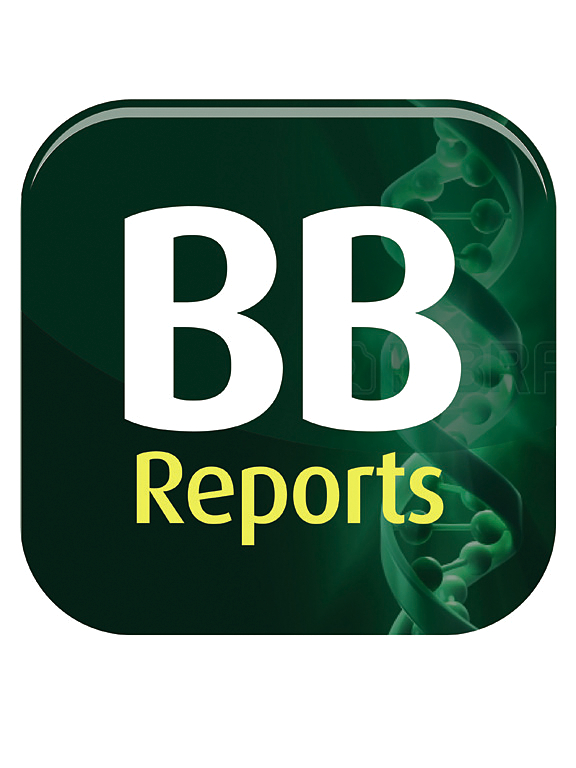类风湿关节炎的遗传之谜:原因、进展和治疗
IF 2.2
Q3 BIOCHEMISTRY & MOLECULAR BIOLOGY
引用次数: 0
摘要
类风湿性关节炎(RA)是一种以慢性炎症和进行性关节破坏为特征的多层面自身免疫性疾病,受遗传和环境因素复杂相互作用的影响。大量证据强调了RA发病机制的重要遗传贡献,关键的遗传危险因素包括人类白细胞抗原(HLA)基因和非HLA变异。这些遗传因素错综复杂地参与免疫失调、抗原呈递和信号通路。基因-基因和基因-环境的相互作用进一步强化了RA的遗传异质性,而与疾病进展和关节损伤相关的生物标志物和遗传谱仍在继续被严格探索。此外,不断发展的药物基因组学领域揭示了开发RA个性化治疗方法的挑战和前景。人们正在探索遗传标记来预测对各种RA疗法的反应,包括dmard和生物制剂。了解遗传风险因素和药物基因组学见解可以支持RA患者的早期诊断,预测疾病严重程度和进展,并改善治疗决策。本综述的主要目的是全面探讨目前有关RA易感性、进展和治疗反应的遗传因素的知识。此外,通过解决遗传风险因素、基因-环境相互作用和新兴的药物基因组学见解,本文旨在突出RA相关遗传研究的关键空白和未来方向。本文章由计算机程序翻译,如有差异,请以英文原文为准。
The genetic puzzle of rheumatoid arthritis: Causes, progression, and treatment
Rheumatoid arthritis (RA) is a multifaceted autoimmune disorder characterized by chronic inflammation and progressive joint destruction, influenced by a complex interplay of genetic and environmental factors. Substantial evidence highlights a significant genetic contribution to RA pathogenesis, with key genetic risk factors including human leukocyte antigen (HLA) genes and non-HLA variants. These genetic elements are intricately involved in immune dysregulation, antigen presentation, and signaling pathways. The genetic heterogeneity of RA is further accentuated by gene-gene and gene-environment interactions, while biomarkers and genetic profiles associated with disease progression and joint damage continue to be rigorously explored. Additionally, the evolving field of pharmacogenomics sheds light on the challenges and prospects of developing personalized therapeutic approaches for RA. Genetic markers are being explored to predict response to various RA therapies, including DMARDs and biologics. Understanding genetic risk factors and pharmacogenomic insights can support early diagnosis, predict disease severity and progression, and improve therapeutic decisions in RA patients. The main objective of this review is to comprehensively explore current knowledge regarding the genetic factors contributing to RA susceptibility, progression, and treatment response. Furthermore, by addressing genetic risk factors, gene-environment interactions, and emerging pharmacogenomic insights, the review aims to highlight critical gaps and future directions in genetic researches related to RA.
求助全文
通过发布文献求助,成功后即可免费获取论文全文。
去求助
来源期刊

Biochemistry and Biophysics Reports
Biochemistry, Genetics and Molecular Biology-Biophysics
CiteScore
4.60
自引率
0.00%
发文量
191
审稿时长
59 days
期刊介绍:
Open access, online only, peer-reviewed international journal in the Life Sciences, established in 2014 Biochemistry and Biophysics Reports (BB Reports) publishes original research in all aspects of Biochemistry, Biophysics and related areas like Molecular and Cell Biology. BB Reports welcomes solid though more preliminary, descriptive and small scale results if they have the potential to stimulate and/or contribute to future research, leading to new insights or hypothesis. Primary criteria for acceptance is that the work is original, scientifically and technically sound and provides valuable knowledge to life sciences research. We strongly believe all results deserve to be published and documented for the advancement of science. BB Reports specifically appreciates receiving reports on: Negative results, Replication studies, Reanalysis of previous datasets.
 求助内容:
求助内容: 应助结果提醒方式:
应助结果提醒方式:


